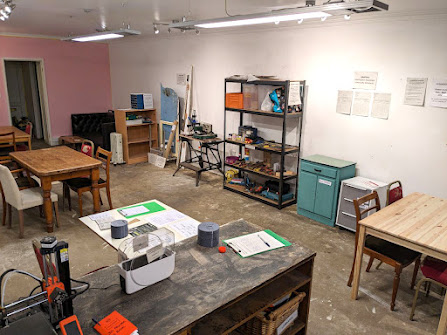online CBT co-ordinator, NHS Wales
You’re exhausted, you’re a whirlwind of emotions and your pregnancy or new parenthood aren’t working out exactly how you’d imagined. You’re trying to be happy – because that’s how everyone expects you to feel – but really you’re just worried about how on earth you’re going to cope.
The reality is, it can be totally normal to feel stressed, anxious or
low in the perinatal period. But rest
assured, there’s help at hand: Help that fits in with you and your schedule;
help you can access 24/7 in the comfort of your own home; help that will teach
you lasting skills for taking care of your mental health now and into the
future.
SilverCloud Wales is a free, online mental health support service provided by NHS Wales. Anyone aged 16+ living in Wales can sign up without GP referral. The Space for Perinatal Wellbeing programme caters specifically to expectant mums and dads, new parents, surrogates, caregivers and people adopting a child. There’s no waiting list, and you can access it on any computer or mobile device, including your phone, anytime during pregnancy and up to a year after your baby is born.
You’ll have access to the programme and all its content for a year when you sign up, and you’ll be allocated a trained SilverCloud supporter for 12 weeks. They’ll check in on your progress as you work through the six modules at your own pace, giving you fortnightly written feedback. They can also point you to additional support if they feel you need it.
You’ll see that from the get-go the programme normalises what a tough time this can be. It might feel quite taboo to open up about your emotions, or to admit that you’re struggling or not enjoying time with your baby, but Space for Perinatal Wellbeing gives you a safe place to express those feelings, and breaks down some of the different challenges of this period into manageable points for you to work on.
For example, it talks about being flexible around sleeping times, empowering you to step back and create your own habits and routines based on what works for you, rather than what you think everyone expects of you.
There’s some signposting which shows how you can build some community around you, so you don’t feel quite so alone. There are personal stories from other caregivers in there, so you can hear their experiences without necessarily opening up about your own, and there’s a module on learning how to challenge low mood through simple activities for you and for baby.
All the tools and techniques for managing feelings like anxiety or depression are designed with the perinatal period in mind, recognising its very specific demands - it’s not always a simple case of getting up and going out for a walk to make yourself feel better when you’re sleep-deprived and have a newborn baby to care for.
One size certainly doesn’t fit all, so this is about finding what
works best in your situation, always remembering that caring for your baby
starts with caring for you.
If you need support and live in Wales, or if you’re registered with a Welsh GP practice, sign up to the service here.
Find out more about Maternal Mental Health Awareness week.













